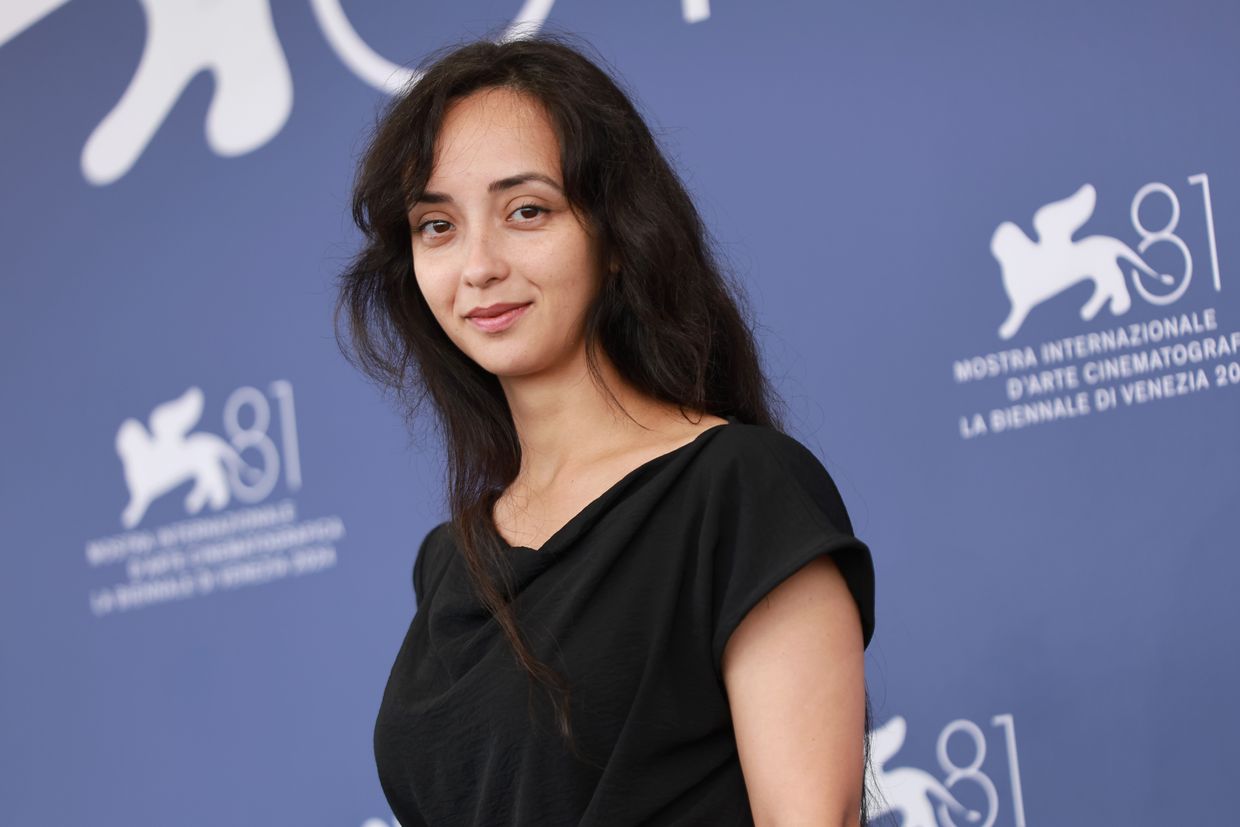Speaking at a press conference in Kyiv on May 10, President Volodymyr Zelensky rebuked the idea of a demilitarized zone in the war and emphasized the importance of first securing a ceasefire.
"We agreed that a full and unconditional ceasefire must begin on Monday, May 12, for at least 30 days. We jointly demand this from Russia, and we know we are supported in this by the United States," Zelensky said.
The announcement follows mounting fears that the two nuclear-armed countries were on the brink of engaging in another full-scale war.
Ukrainian media outlet ZN.UA reported on May 10 that their law enforcement sources confirmed an ongoing probe by the National Anti-Corruption Bureau into suspected embezzlement, money laundering and bribery.
Iran is preparing to send Russia Fath-360 short-range ballistic missile launchers, Reuters reported on May 9, citing Western security and regional officials familiar with the matter.
"Ukraine and all allies are ready for a complete unconditional ceasefire on land, in the air, and at sea for at least 30 days, starting as early as Monday," Ukraine's Foreign Minister Andrii Sybiha wrote.
U.S. President Donald Trump has acknowledged in private that Russia is difficult to negotiate with because they "want the whole thing," referring to Ukraine, the WSJ reported, citing sources familiar with the comments.
The visit marks Merz’s first trip to Ukraine, and the first time all four leaders have travelled there together.
A notice about the airspace closure was published on the U.S. Defense Department's NOTAM (Notice to Airmen) website on May 10, as cited by Ukrainian defense news outlet Militarnyi.
"As in the past, it is now for Russia to show its willingness to achieve peace," the EU's statement reads.
Kremlin spokesperson Dmitry Peskov rejected the idea of a 30-day ceasefire between Russia and Ukraine, claiming in an interview with ABC News on May 10 that it would be "an advantage" for Ukraine.
"Our involvement in the war was justifiable, and this belongs to our sovereign rights," North Korean dictator Kim Jong Un said. "I regard this as part of the sacred mission we must execute for our brothers and comrades-in-arms."
Canadian film festival halts screenings of 'Russians at War,' citing security concerns

Editor's note: The article was updated with comments to reflect comments made by the Toronto Police Service in regards to the alleged security threats.
The Toronto International Film Festival (TIFF) will pause upcoming screenings of a controversial documentary about Russian soldiers entitled "Russians at War."
In a statement on Sept. 12, the festival claimed it had been "made aware of significant threats to festival operations and public safety" and said the "decision (to halt screenings) has been made in order to ensure the safety of all festival guests, staff, and volunteers."
The film "Russians at War," directed by Russian-Canadian filmmaker Anastasia Trofimova, was shown at the Toronto International Film Festival on Sept. 10. It has been widely criticized for whitewashing Russian war crimes, obfuscating the source of its funding, denying that the Russian government had authorized its production, attempting to humanize Russian soldiers, and ignoring the context of the full-scale invasion.
As pushback and protests against the film mounted, TIFF claimed on Sept. 11 that the film is not "propaganda" and vowed to continue showing it.
The decision to pause screenings just a day later was an abrupt about-face that TIFF said was an "unprecedented move" and an "incredibly difficult decision."
"As a cultural institution, we support civil discourse about and through films, including differences of opinion, and we fully support peaceful assembly. However, we have received reports indicating potential activity in the coming days that pose significant risk; given the severity of these concerns, we cannot proceed as planned," TIFF's statement read.
The festival did not specify what security threats it was referring to.
In a statement to CBC News, the Toronto Police Service said that the decision to halt the screening was made independently by event organizers and was not under any recommendation by the police force.
Nonetheless, TIFF continued to defend the film, saying, "We believe this film has earned a place in our festival's lineup, and we are committed to screening it when it is safe to do so."
The previous day, Oleh Nikolenko, Ukraine's Consul General in Toronto, said he was "extremely disappointed" by TIFF's statement and called the decision to screen the film "appalling."
Nikolenko also cast doubt on the narrative that its director, Trofimova, has maintained regarding the Russian government's involvement.
"Given how Russia treats journalists, it is naive to believe that Anastasia Trofimova spent over six months embedded with a Russian military unit without Russian military or government oversight," he said in a statement.
"We believe the production of this film was permitted because it aligns with Russia's narratives that downplay the atrocities of its invasion."

Most Popular

After 3 years of full-scale war in Ukraine, Europe announces plan to ban all Russian gas imports

Ukraine, Europe's ceasefire proposal includes US security guarantees, no recognition of Crimea, Reuters reports

Journalist Roshchyna's body missing organs after Russian captivity, investigation says

After Russia's deadly attack on Kyiv, Vance reposts denunciation of Zelensky

Ukrainian sea drone downs Russian fighter jet in 'world-first' strike, intelligence says
Editors' Picks

How medics of Ukraine’s 3rd Assault Brigade deal with horrors of drone warfare

As Russia trains abducted children for war, Ukraine fights uphill battle to bring them home

'I just hate the Russians' — Kyiv district recovers from drone strike as ceasefire remains elusive


